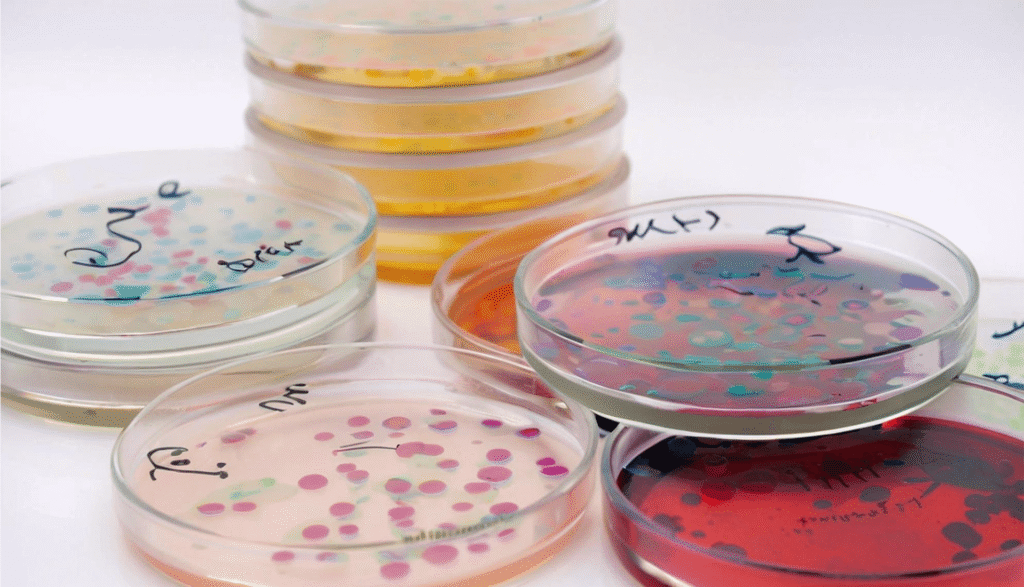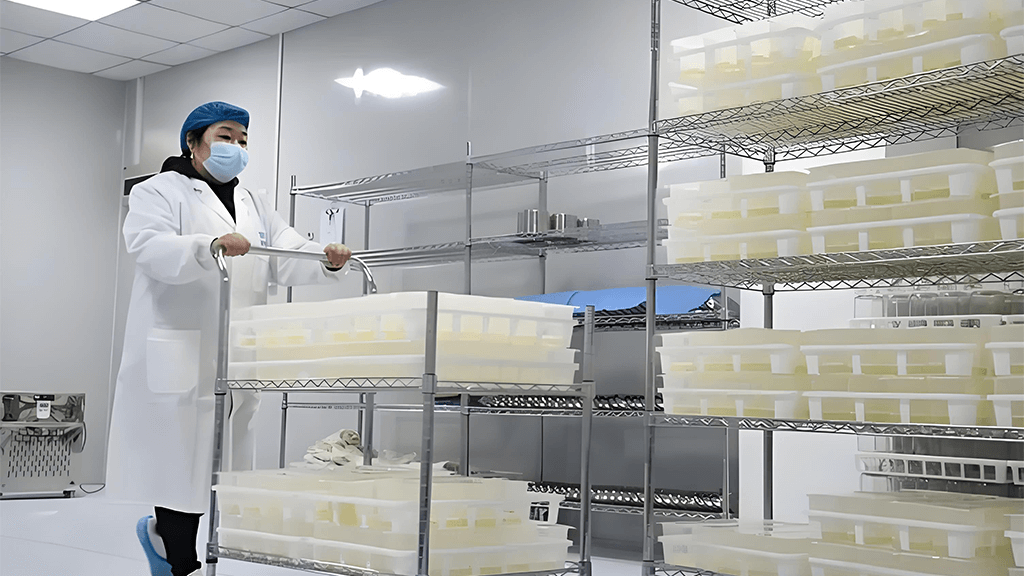Introduction: The Shift Toward Customized Culture Media
Microbial testing is an essential part of many industries, from pharmaceuticals and food safety to environmental monitoring and clinical diagnostics. As the demand for more accurate, efficient, and cost-effective testing solutions grows, laboratories are increasingly turning to customized culture media. This shift is not just a trend; it represents a revolution in how microbial testing is performed globally. In this article, we explore the future of microbial testing and how customized culture media is at the forefront of this transformation.
What is Customized Culture Media?
Culture media are essential tools for growing microorganisms in laboratories. Traditionally, these media were available in a one-size-fits-all form. However, with the advancement of research and technology, laboratories now have the ability to tailor the composition of culture media to meet specific testing requirements.
Customized culture media are designed based on the specific needs of a laboratory’s research goals. They can be adjusted to support the growth of particular microorganisms, optimize test conditions, or improve the efficiency of microbial identification. These specialized formulations allow for higher accuracy, reduced time to results, and more consistent outcomes.
Why Customized Culture Media Are the Future of Microbial Testing
- Enhanced Precision and Accuracy
One of the key benefits of using customized culture media is the ability to improve the accuracy of microbial testing. By tailoring the medium to the specific needs of the organism being tested, researchers can ensure better growth conditions, reducing the risk of false negatives or positives. This precision is critical in fields such as clinical diagnostics, where accurate identification of pathogens is essential for patient care. - Faster Results with Less Effort
Customized culture media can also significantly reduce the time needed to achieve results. Standardized media may take longer to produce growth or require additional steps for confirmation. With custom formulations, the process becomes more efficient, speeding up testing times without compromising quality. This is particularly valuable in fast-paced industries such as food safety and pharmaceuticals, where rapid results are crucial for decision-making. - Cost-Effectiveness
While customized culture media may seem more expensive upfront, they can ultimately save costs by increasing efficiency and reducing the need for additional testing. Laboratories can optimize their workflow by using media that directly address the specific requirements of their tests, thereby reducing the need for re-testing or the use of multiple media types. This helps laboratories maximize resources and streamline operations. - Support for Specialized Research
As research becomes more specialized, the need for specific culture media grows. For instance, studying rare or difficult-to-culture microorganisms requires media tailored to the unique needs of these organisms. Custom media allow researchers to work with precision, enabling breakthroughs in areas like antimicrobial resistance, environmental microbiology, and biotechnological applications.
How Customized Culture Media Is Shaping the Microbial Testing Landscape
- Advancements in Biotechnology
As biotechnology continues to evolve, so does the need for more specialized microbial testing. Custom media formulations are playing a crucial role in this shift by supporting the growth of genetically modified organisms (GMOs), engineered microbes, and other novel species. This is opening up new opportunities for research in fields like genetic engineering, synthetic biology, and microbial fuel cells. - Global Demand for High-Quality Testing
With the increasing focus on global health, safety, and environmental concerns, industries across the world are demanding higher quality and more reliable microbial testing solutions. Customized culture media are enabling laboratories to meet these high standards, contributing to a global push for better regulatory compliance, faster results, and more efficient testing protocols. - Personalized Healthcare and Microbiome Studies
The growing interest in personalized medicine and microbiome research is driving the need for highly specific culture media. Microbiome studies, in particular, require precise control over growth conditions to understand the complex relationships between microorganisms and their hosts. Customized media are playing a pivotal role in advancing research in these areas by enabling more targeted and accurate microbial investigations.
Conclusion: The Path Forward
The future of microbial testing is undeniably linked to the continued development of customized culture media. As laboratories strive for greater accuracy, efficiency, and precision, the demand for tailored solutions will only increase. Customized culture media are not just changing the way we test microorganisms—they are shaping the future of microbial research, diagnostic processes, and industry standards.
With ongoing advancements in biotechnology, research, and laboratory techniques, customized culture media will continue to be a cornerstone of high-quality microbial testing. Laboratories worldwide must embrace these innovations to stay at the forefront of research and testing, ensuring that they are ready to meet the challenges of tomorrow.


